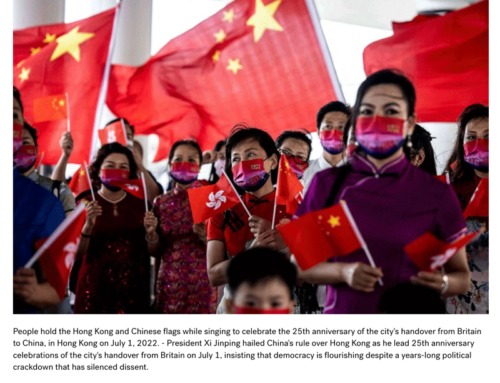
The China Quarterly, 247, September 2021, pp. 875–897
Published online by Cambridge University Press: 19 February 2021
Zaichao Du, Yuting Sun, Guochang Zhao and David Zweig
Abstract
Overseas study is a global phenomenon and a major business internationally. But does overseas study pay off? Using data from the 2015 China Household Finance Survey (CHFS), we examine the labour market performance of overseas returnees in China. To obtain more accurate results, we matched each returnee with a local so that the domestic group is as similar as possible to the returnee group. We then conducted empirical analyses of the matched data. We find that compared with domestic postgraduates, returnee postgraduates earn about 20 per cent more annually. Moreover, the salary premiums paid for foreign graduate degrees can be attributed principally to the superior human capital gained from overseas education rather than from any “signalling” effect. Also, returnees with graduate degrees are more likely to enter high-income professions and foreign-funded ventures, and to reach higher positions in those organizations. However, we find no significant differences in income, occupation choices and positions between returnee and local bachelor’s degree recipients. As such, we suggest that Chinese students and their families are best served when the students obtain a local undergraduate degree and then go overseas for graduate training.
摘要
作为一种全球现象和一项重要的国际业务,出国留学有所回报吗?基于中国家庭金融调查(CHFS)2015 年的数据,我们实证研究了中国海归的劳动力市场表现。为了得到更为准确的结果,我们为每一个海归匹配出一个本土样本,以使得本土样本组尽可能的接近海归样本组。然后我们基于匹配后的样本来进行分析。我们发现,相比于本土研究生,海归研究生的年收入高出 20% 左右,这主要归因于其从海外教育中获得的较高的人力资本,而不是由海外学历的信号效应引起的。此外,海归研究生更多进入高收入职业和外资企业,并更倾向于担任更高的职位,但本科海归与本土本科在收入、职业选择和职位上没有显著差异。因此,本文建议中国学生可以在本国取得本科学历后,再出国继续深造。
Links:





Leave A Comment